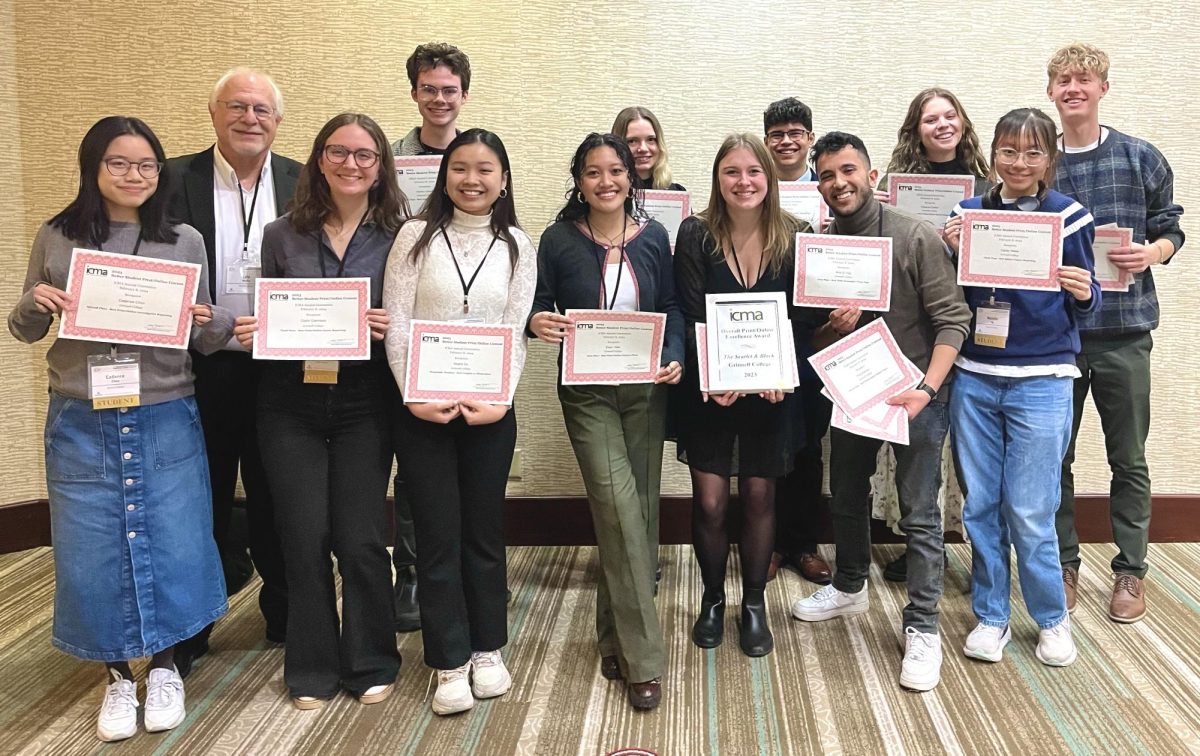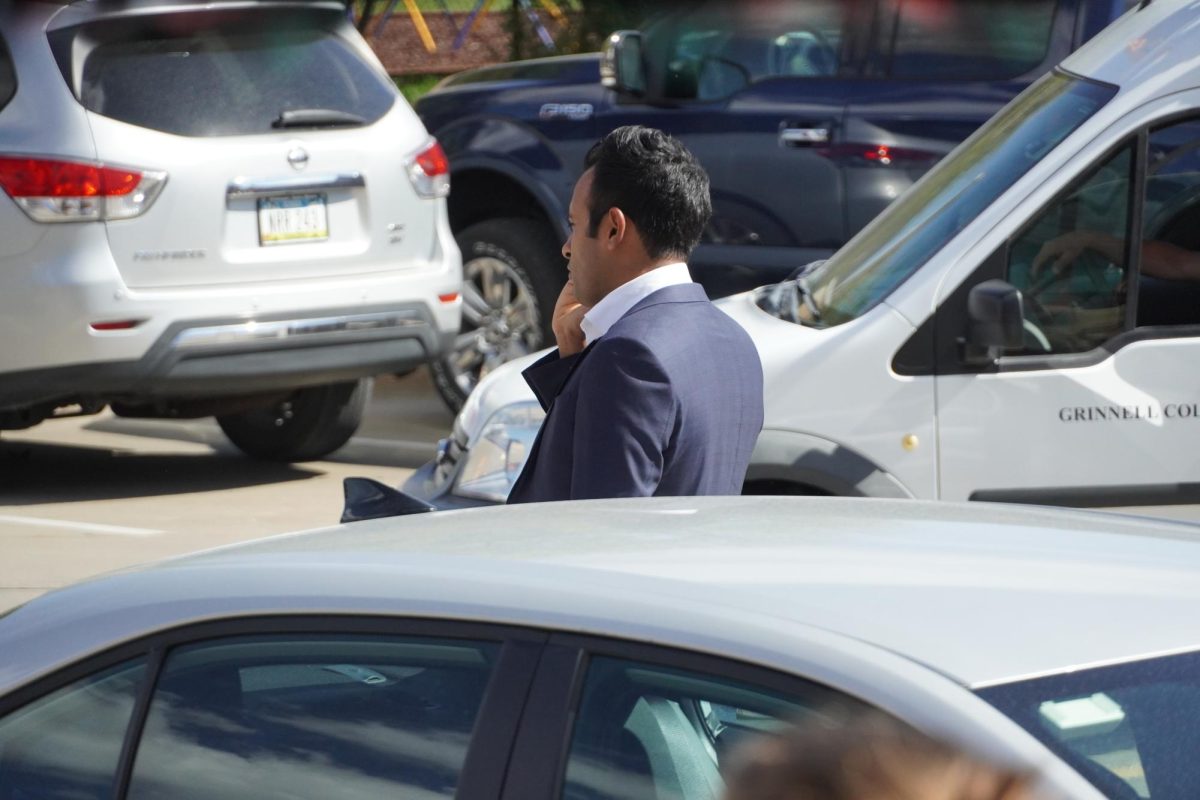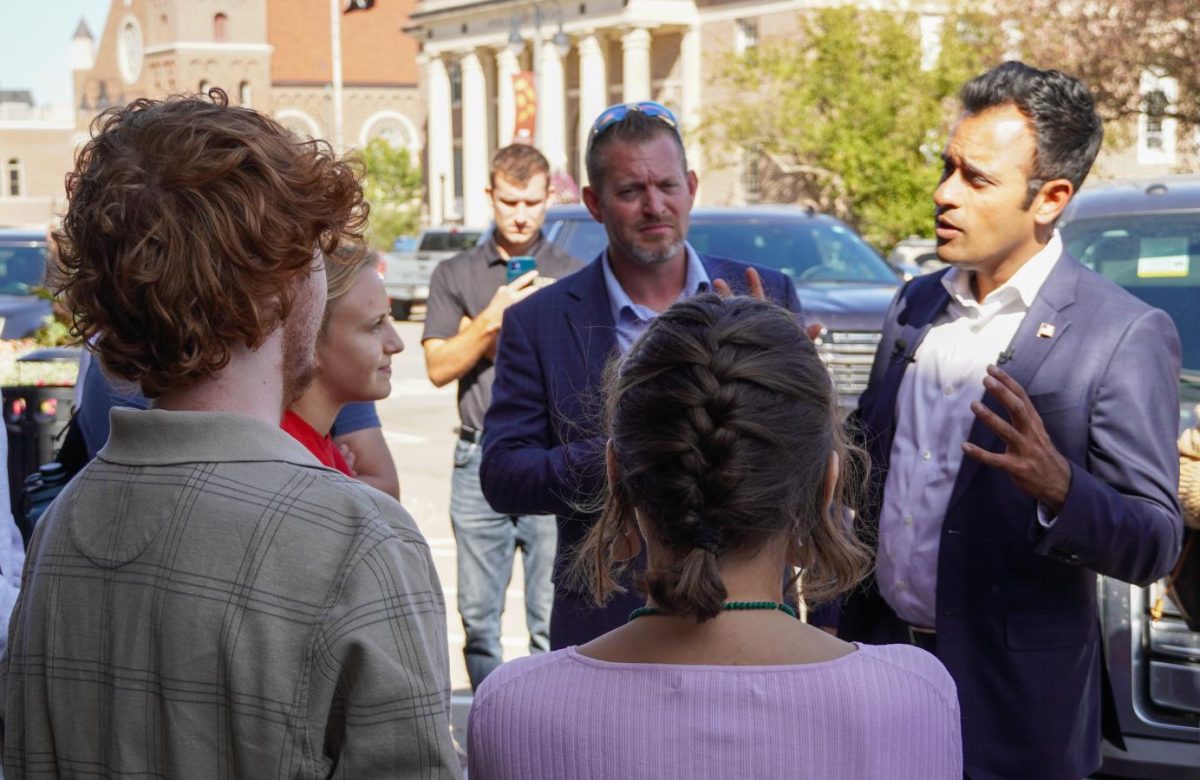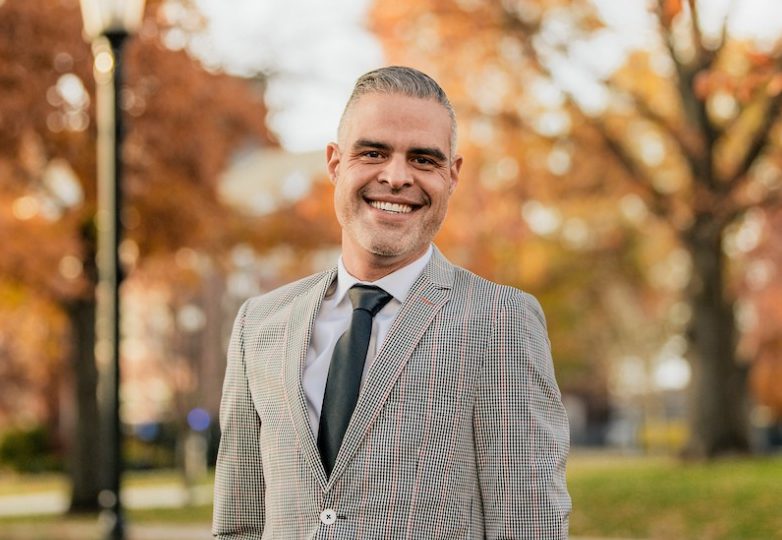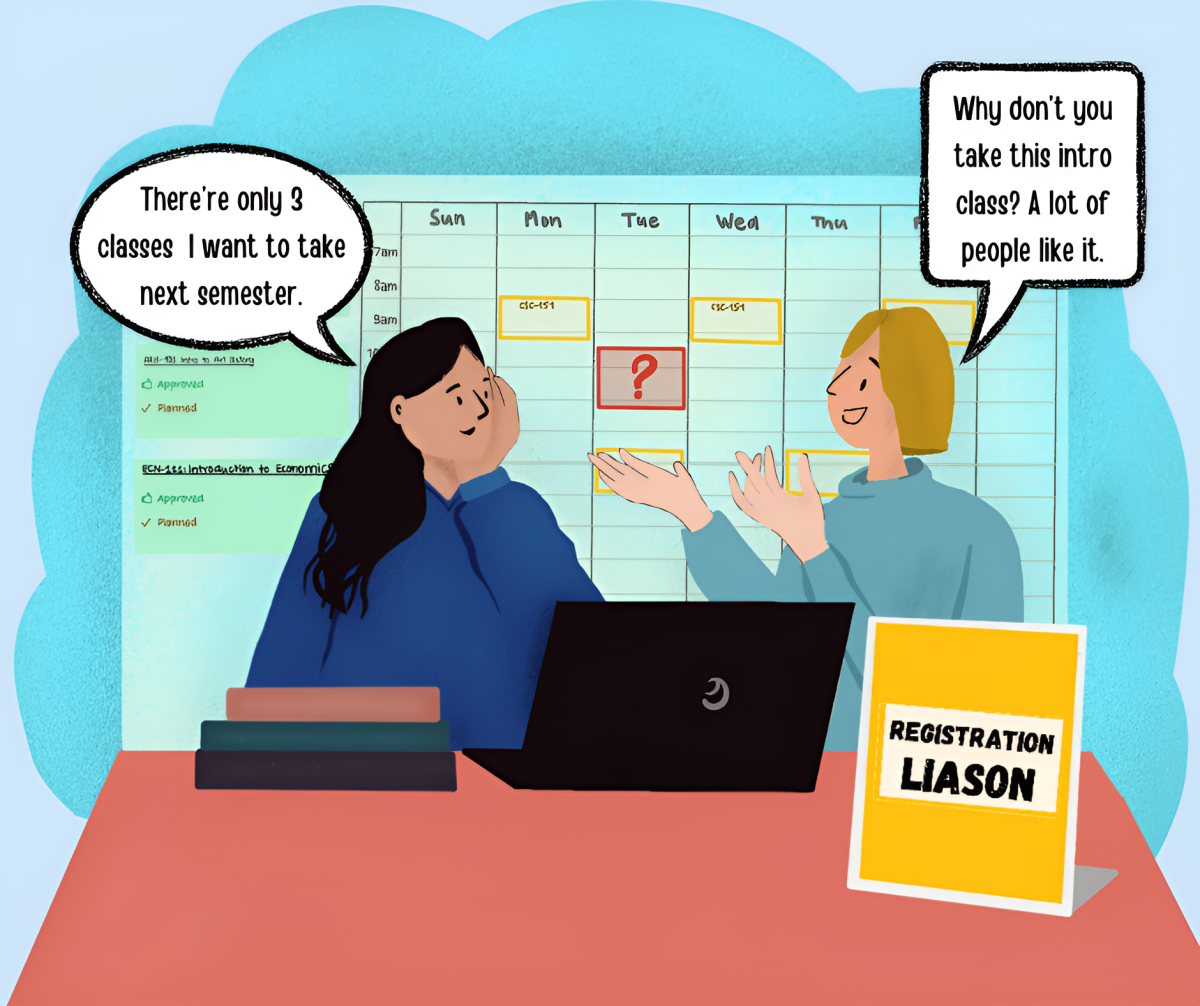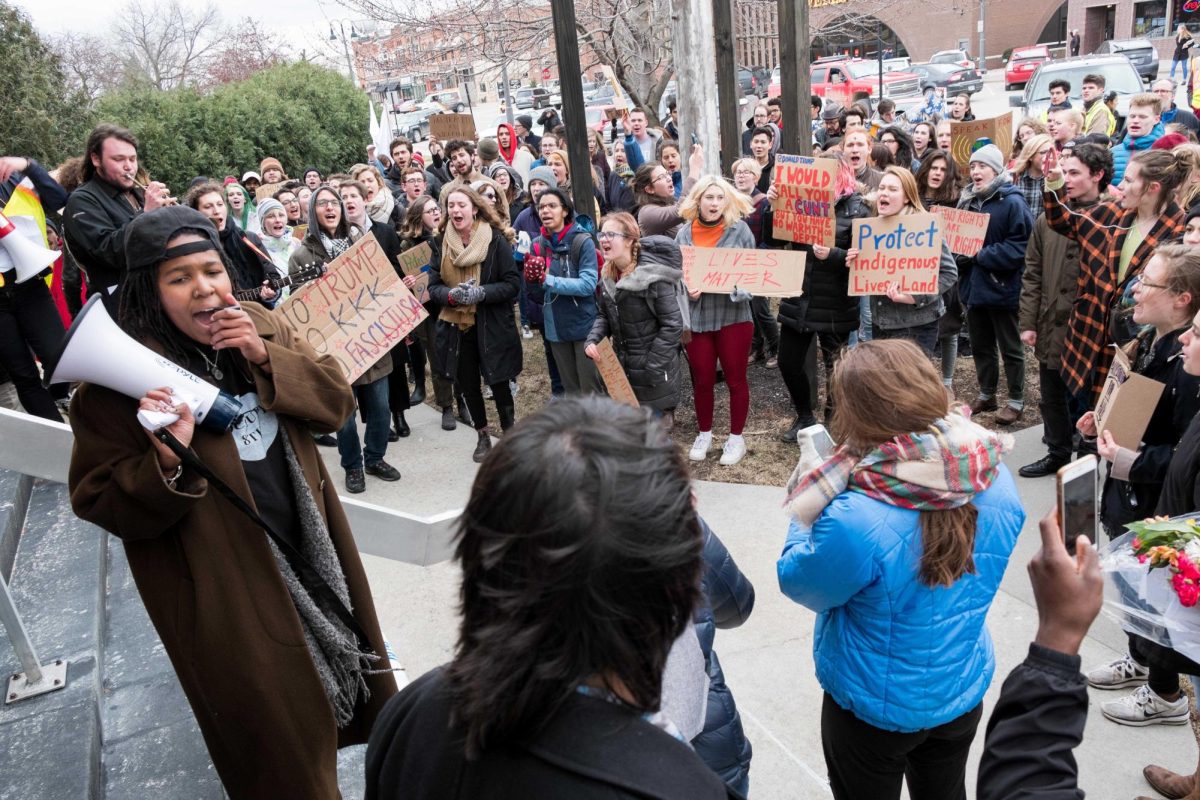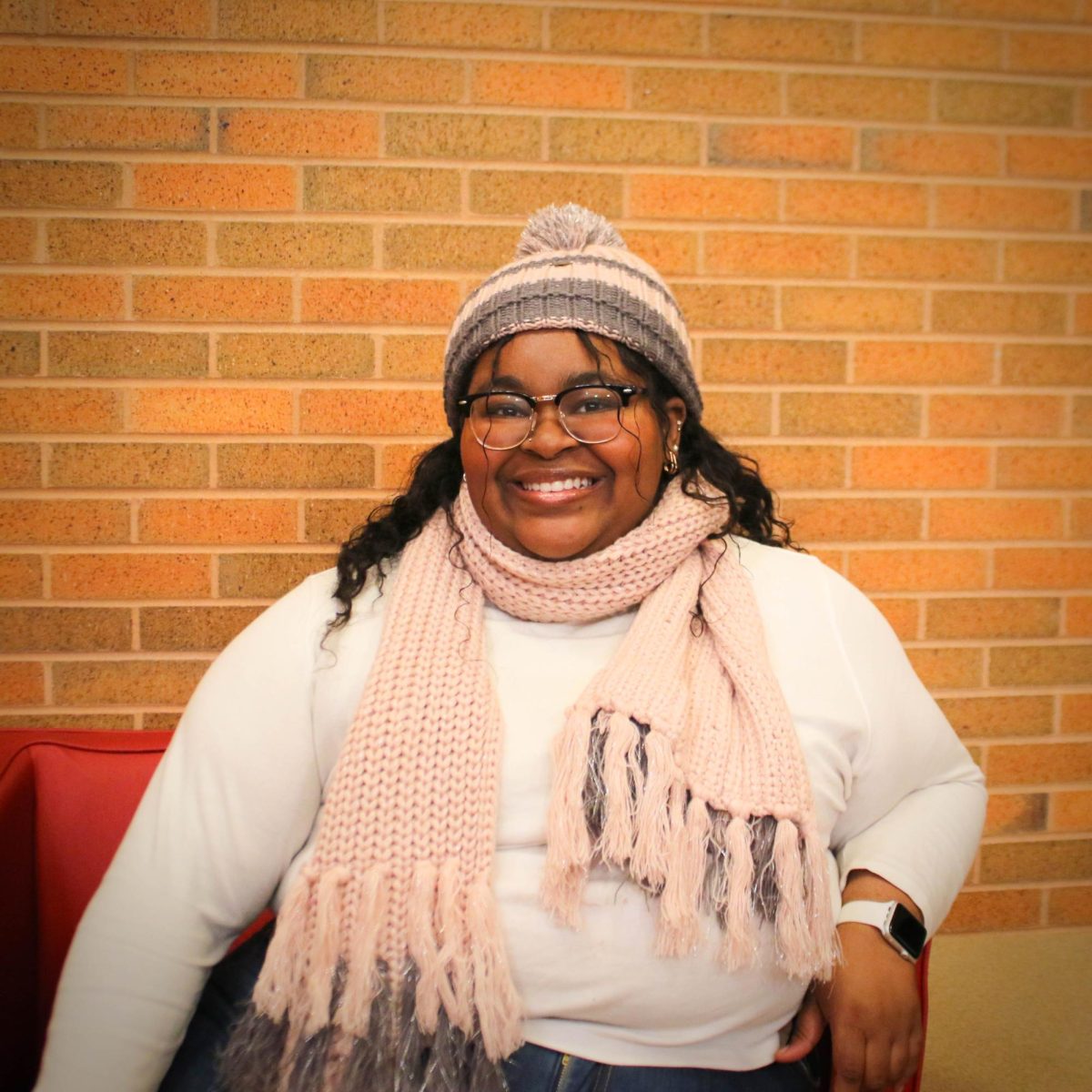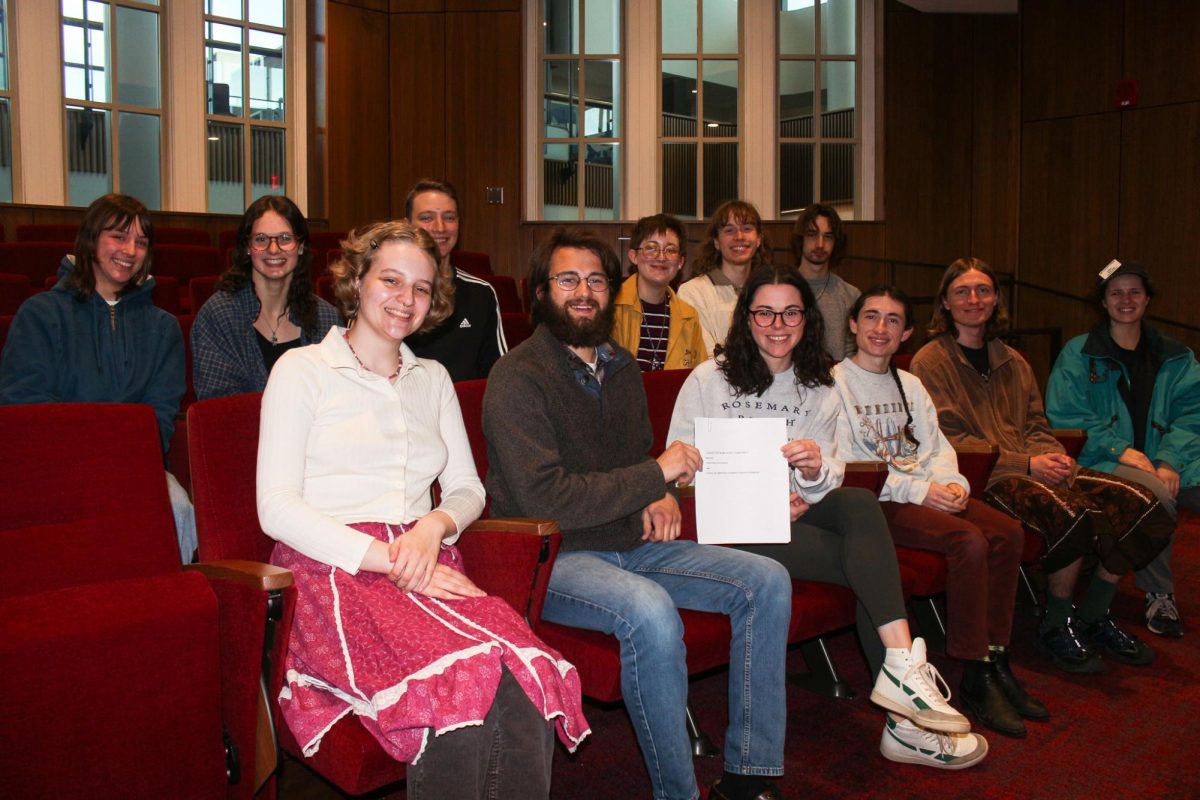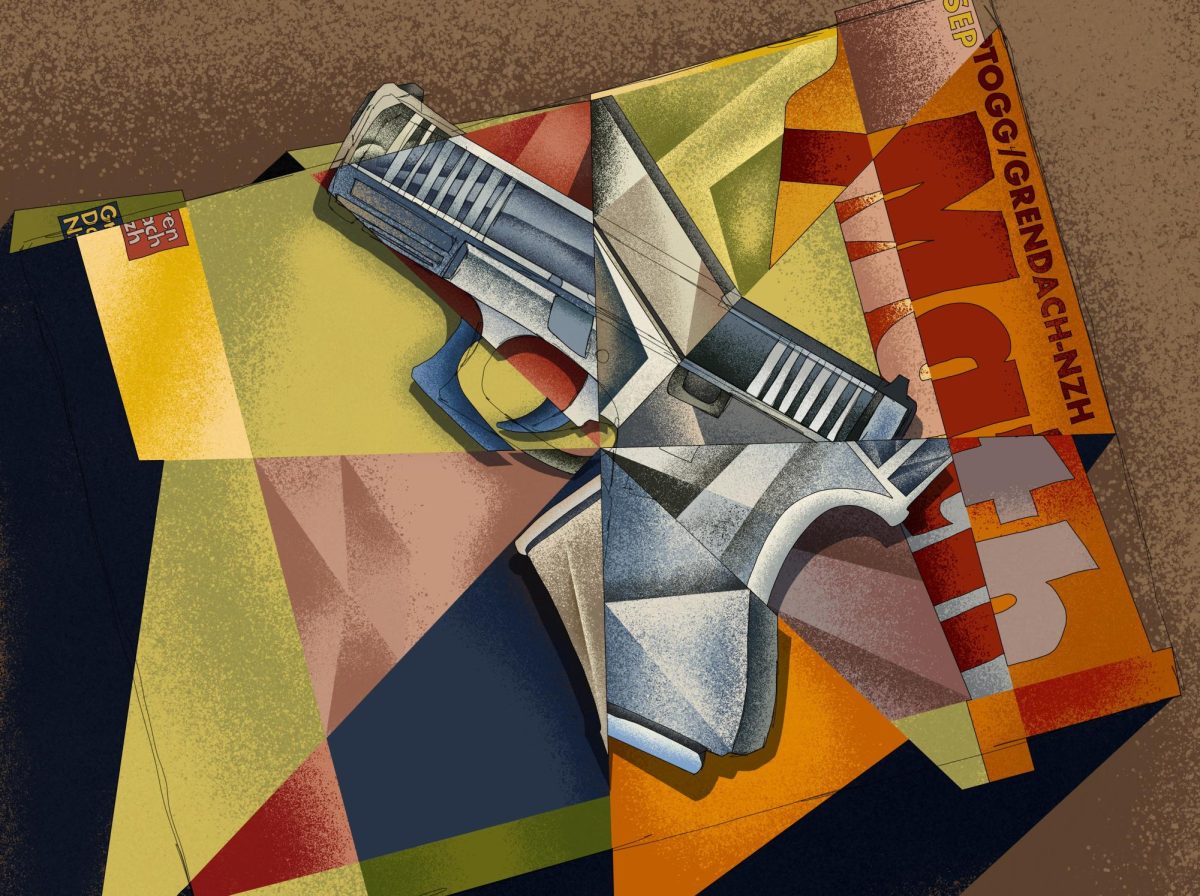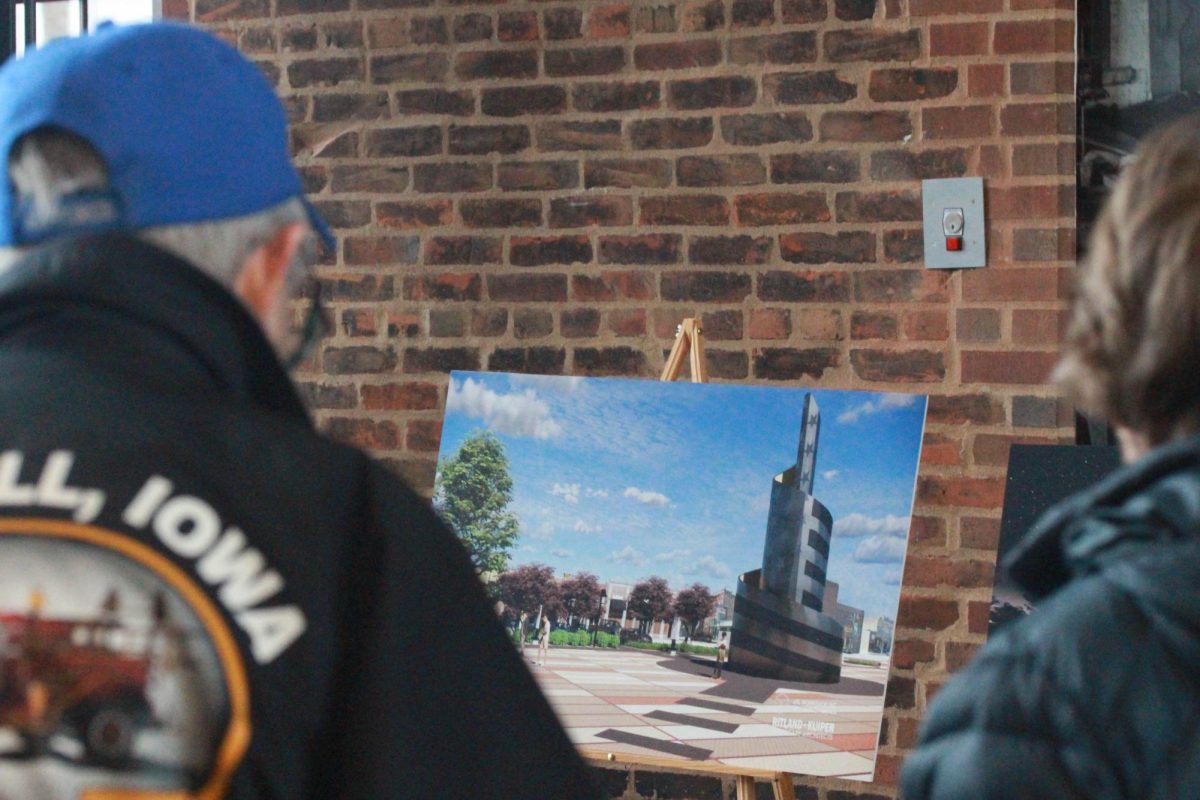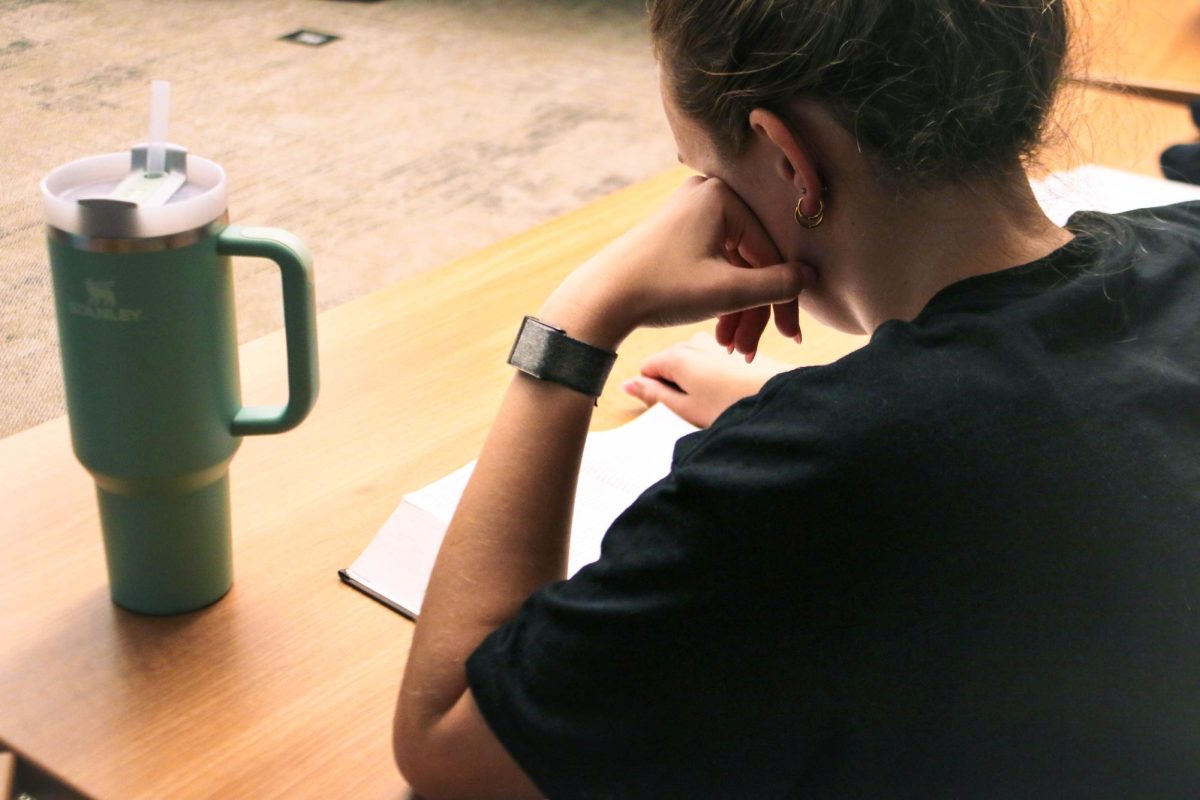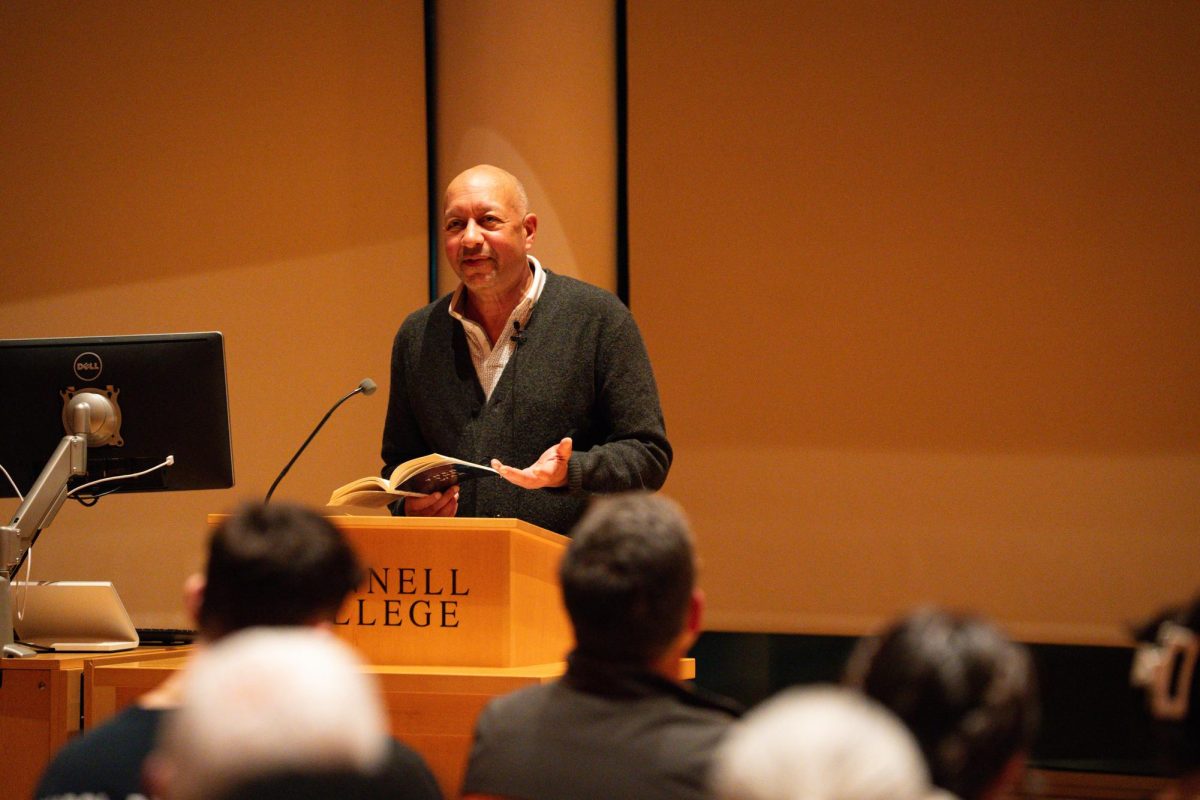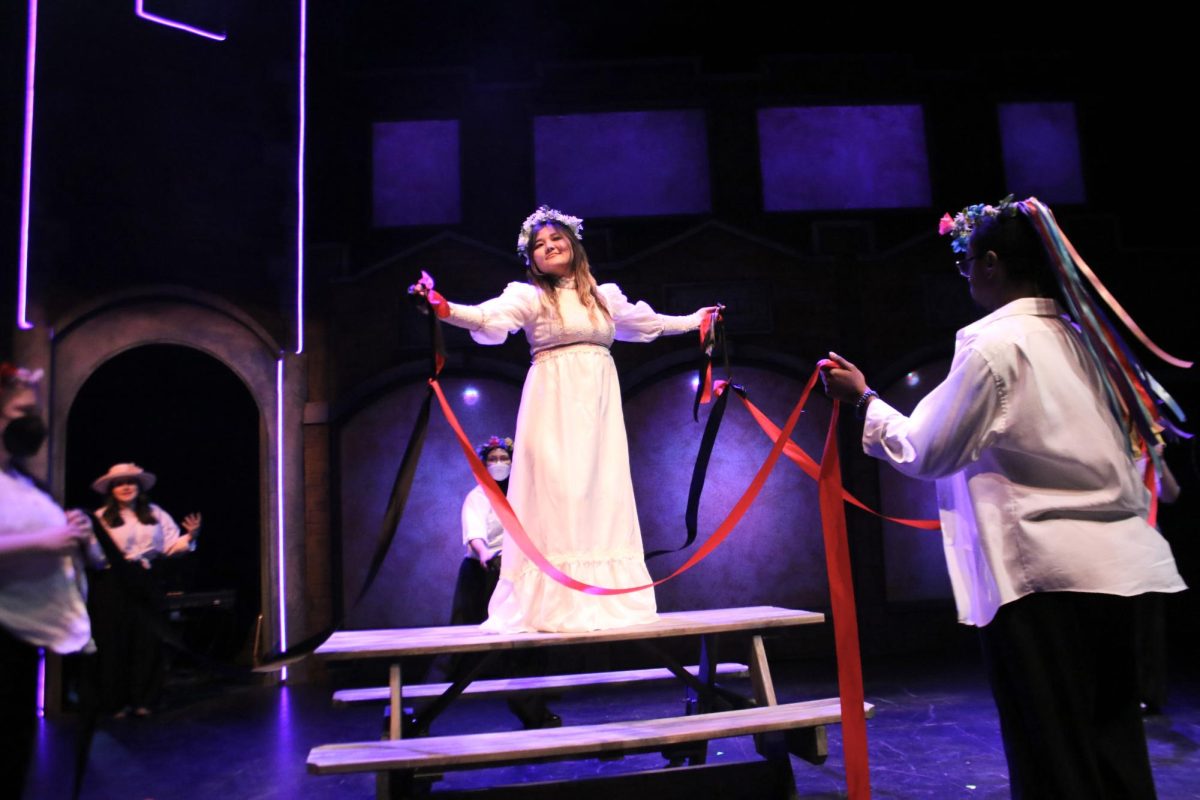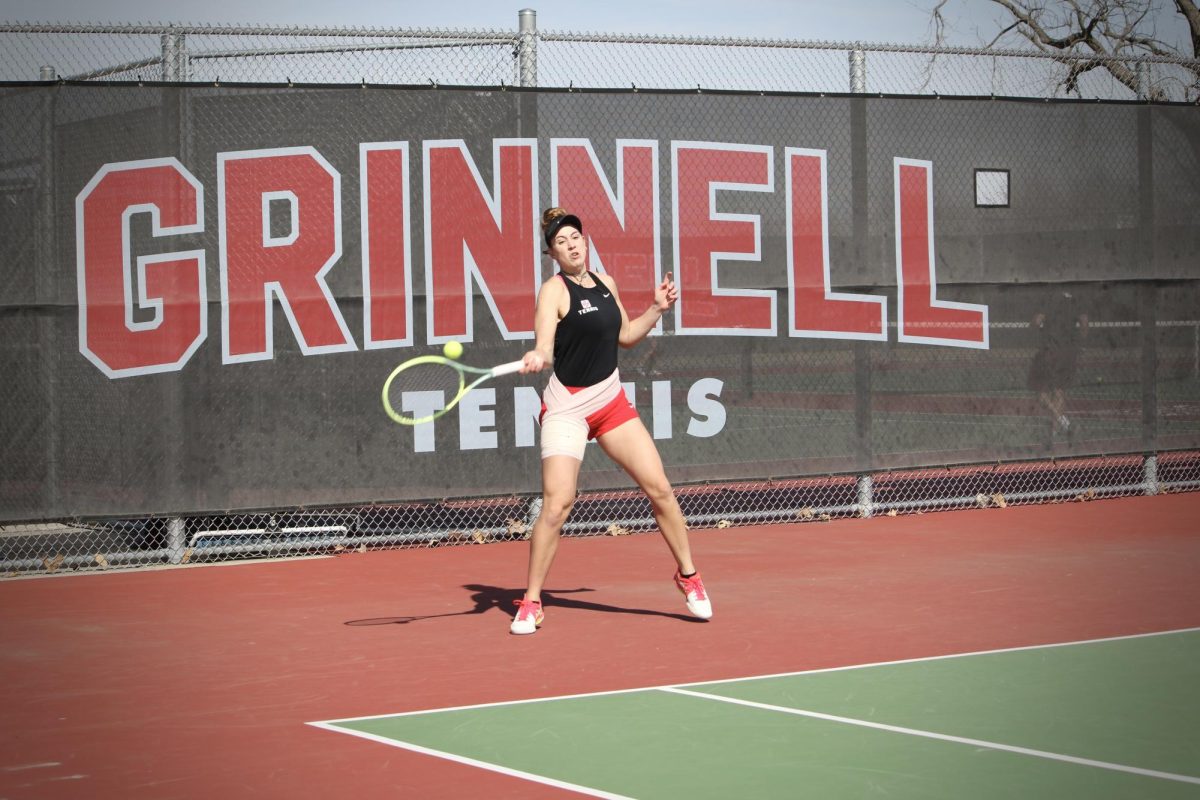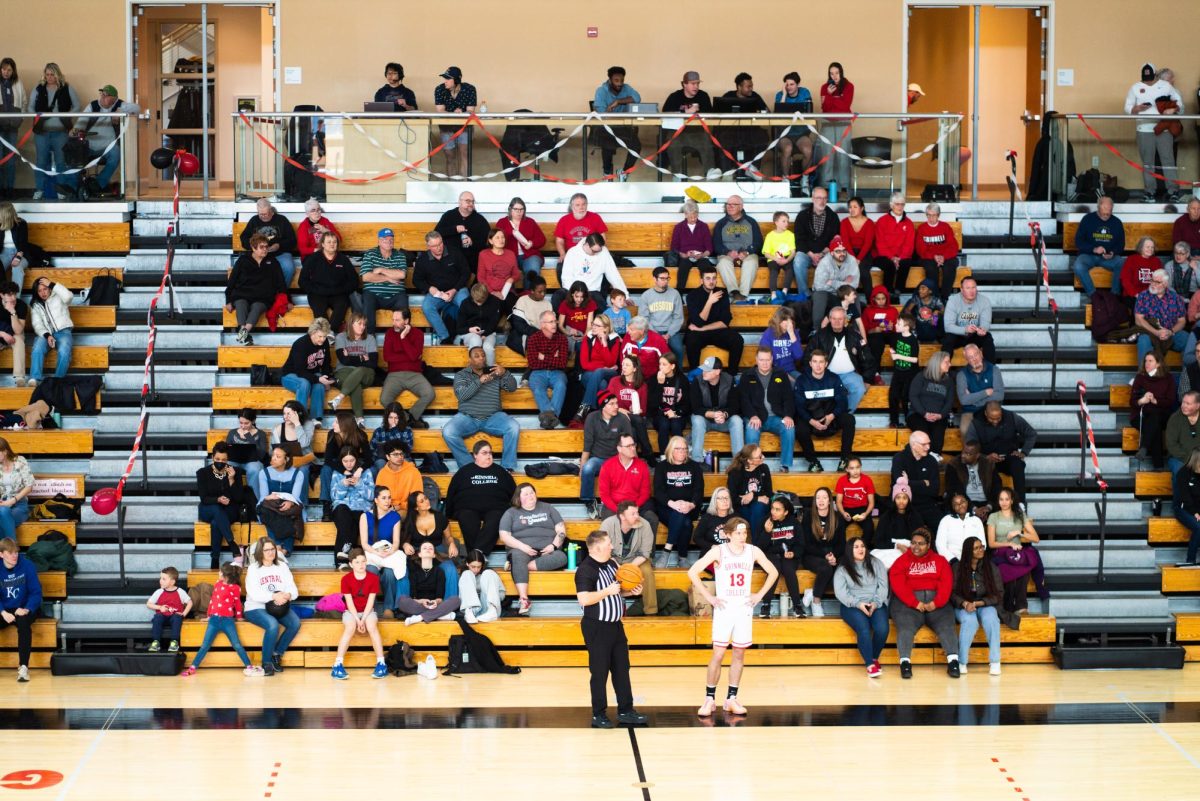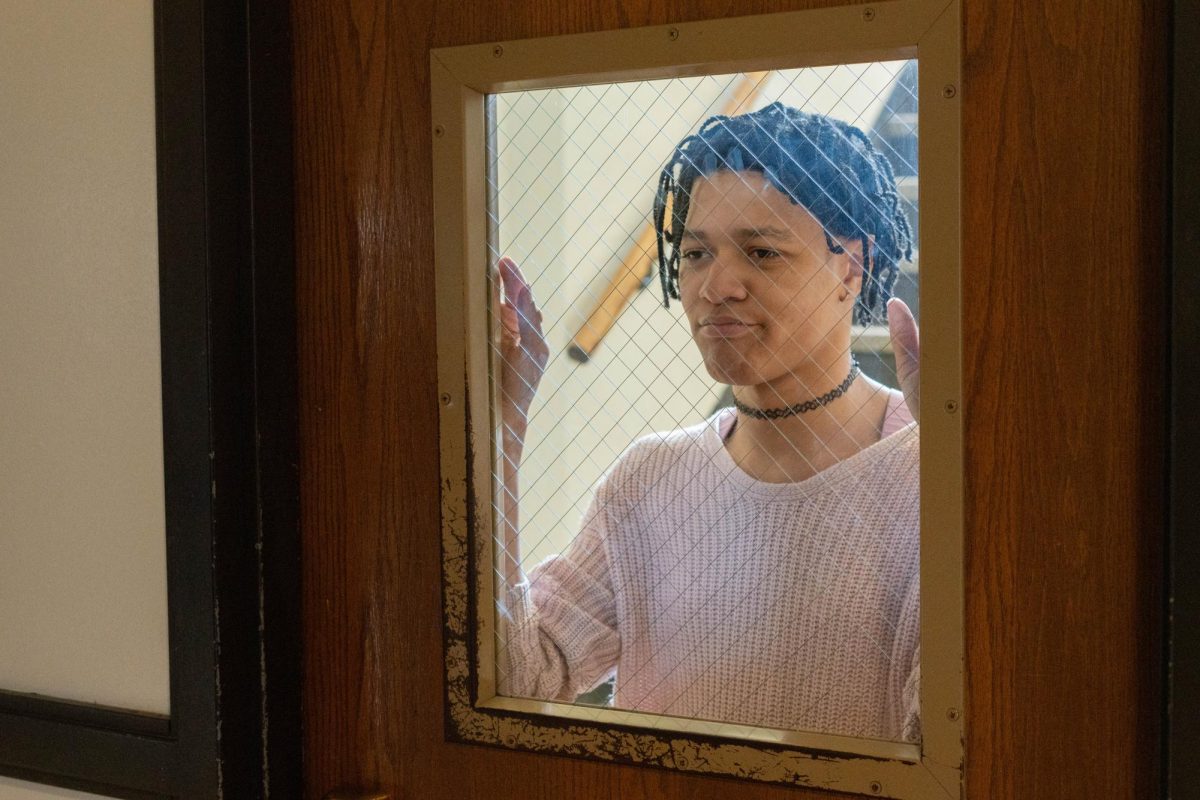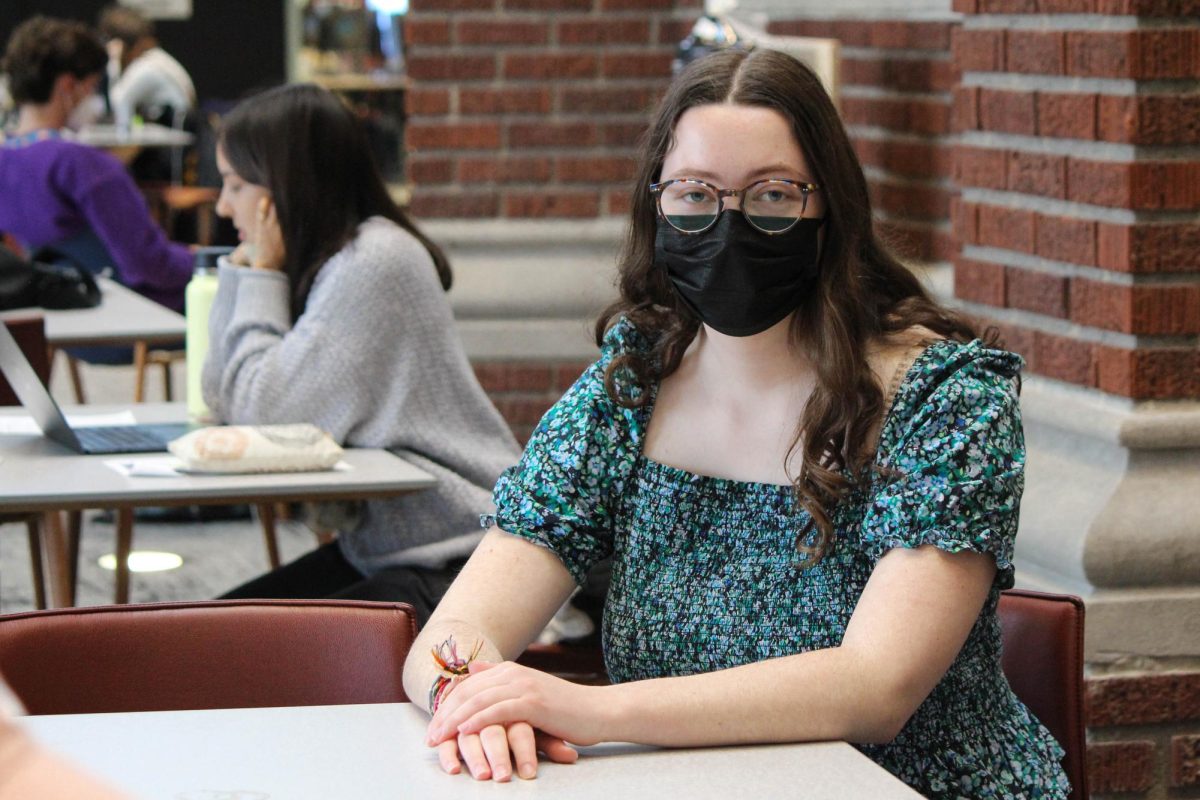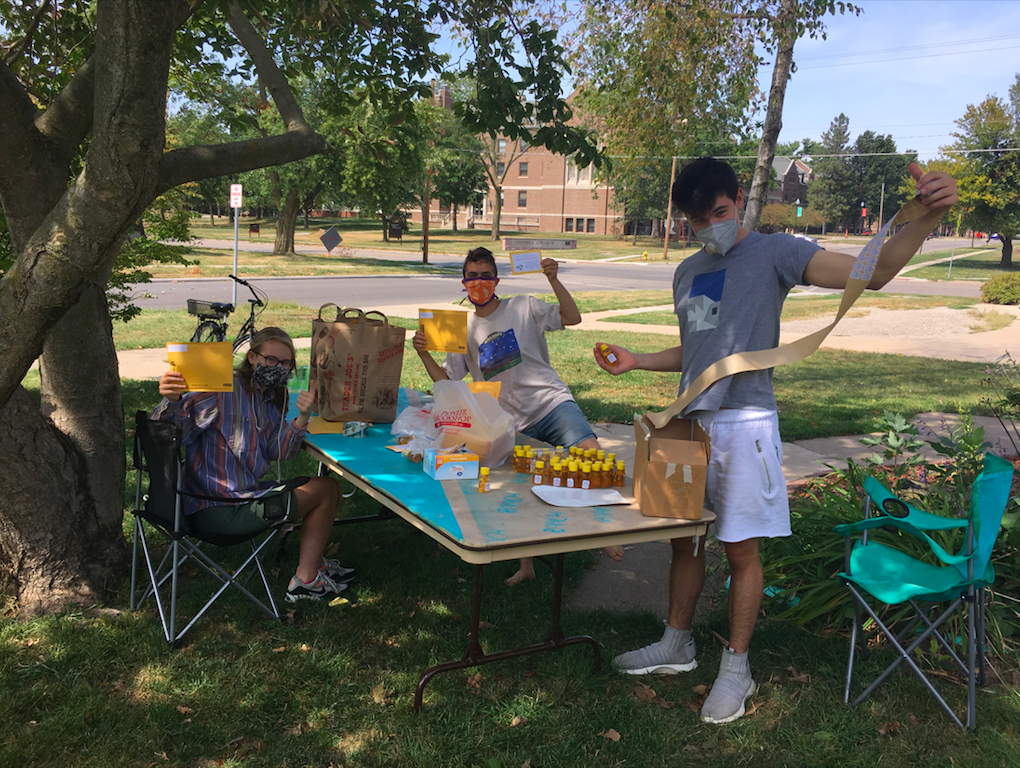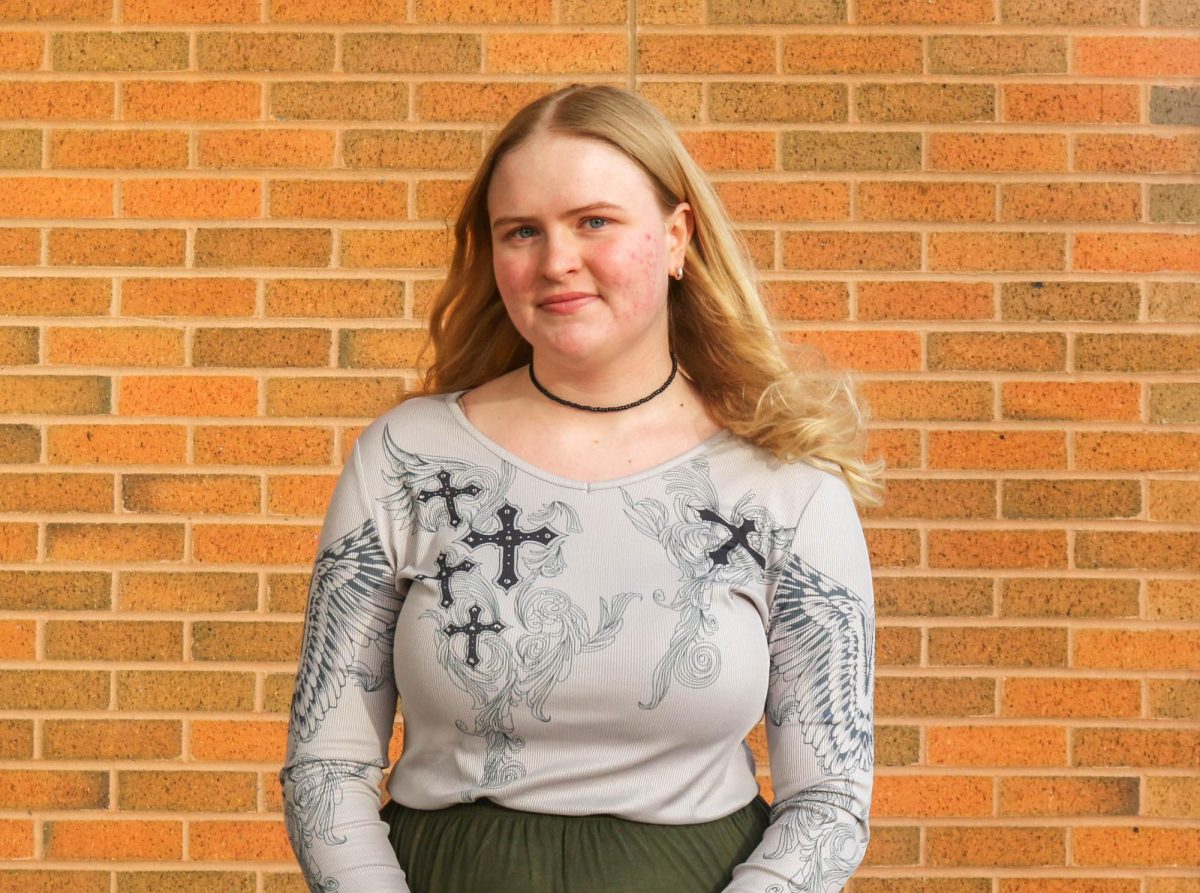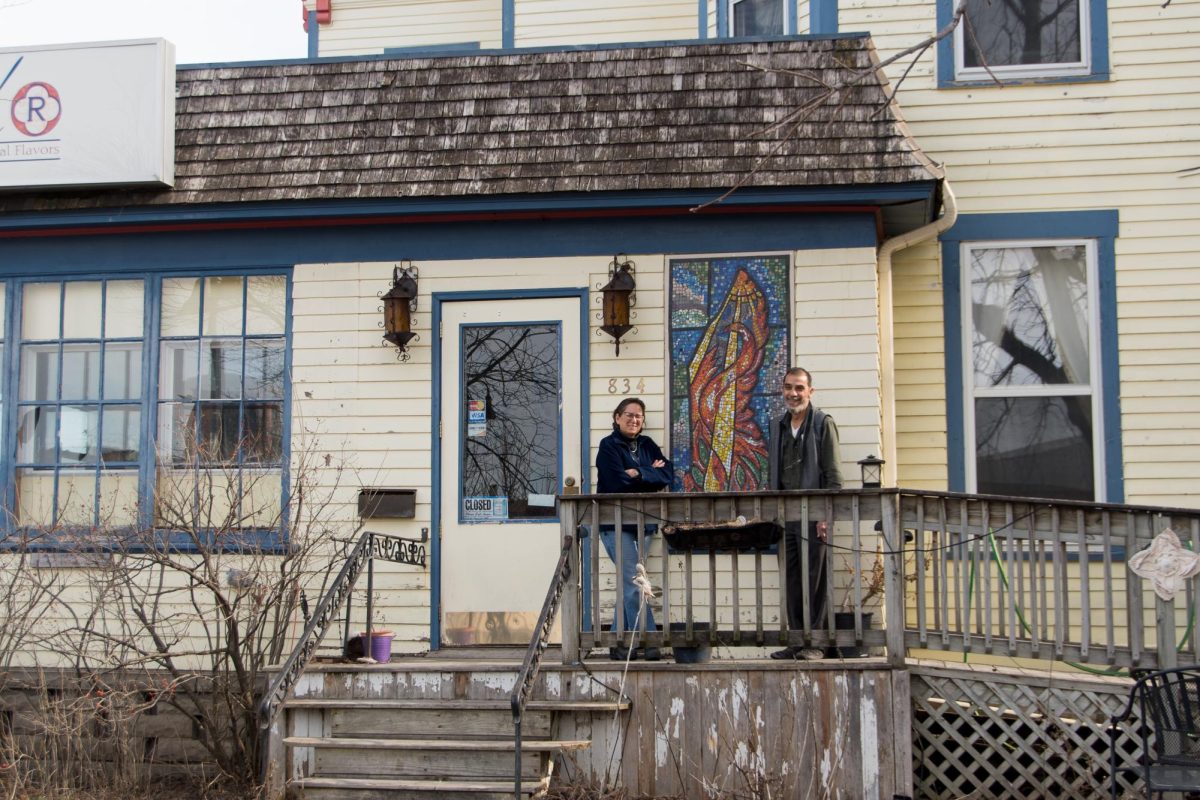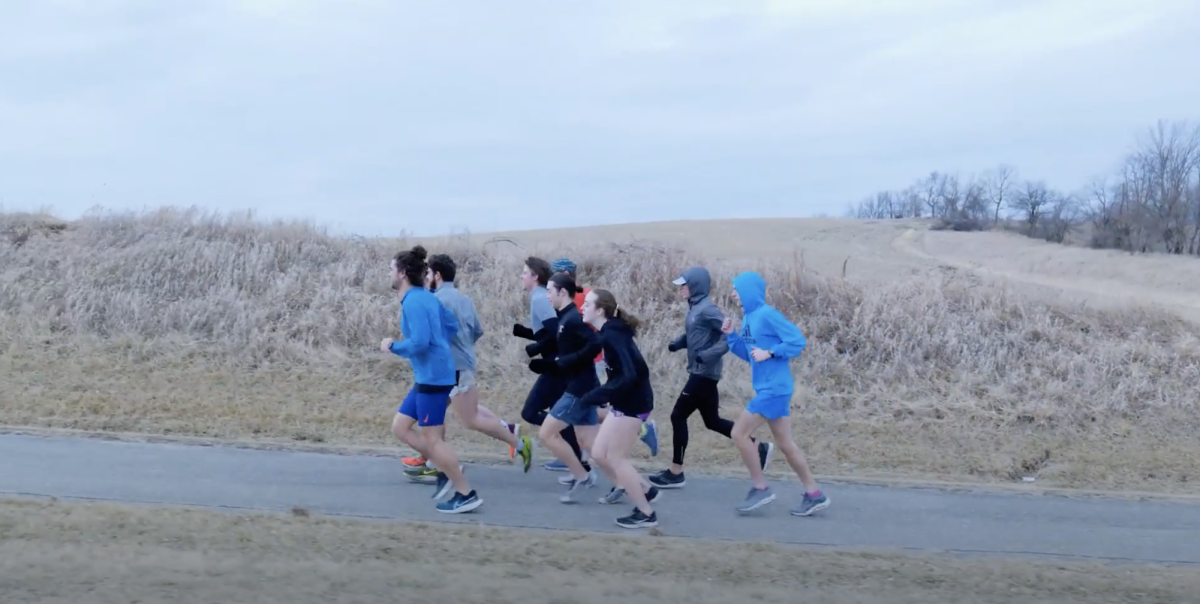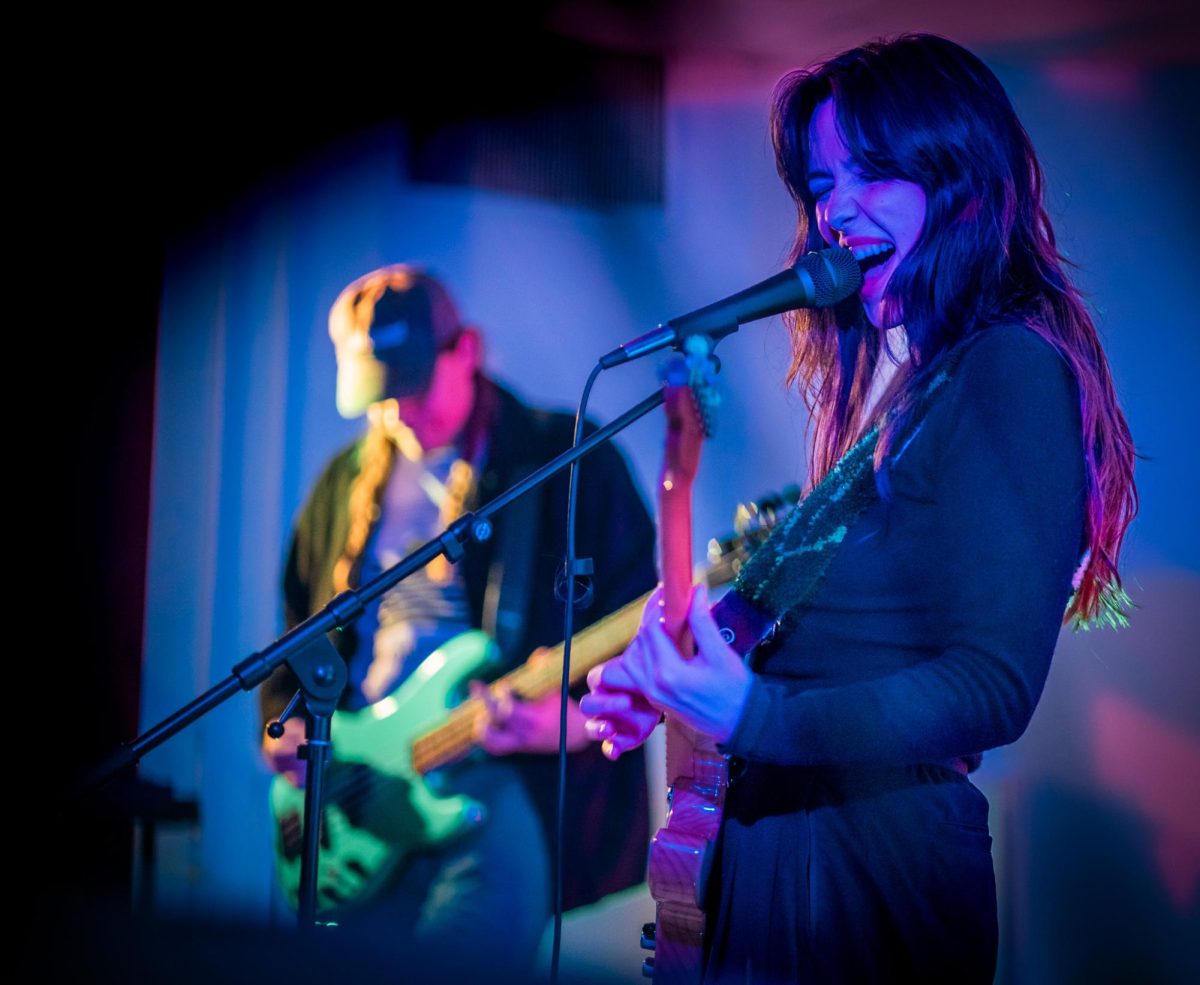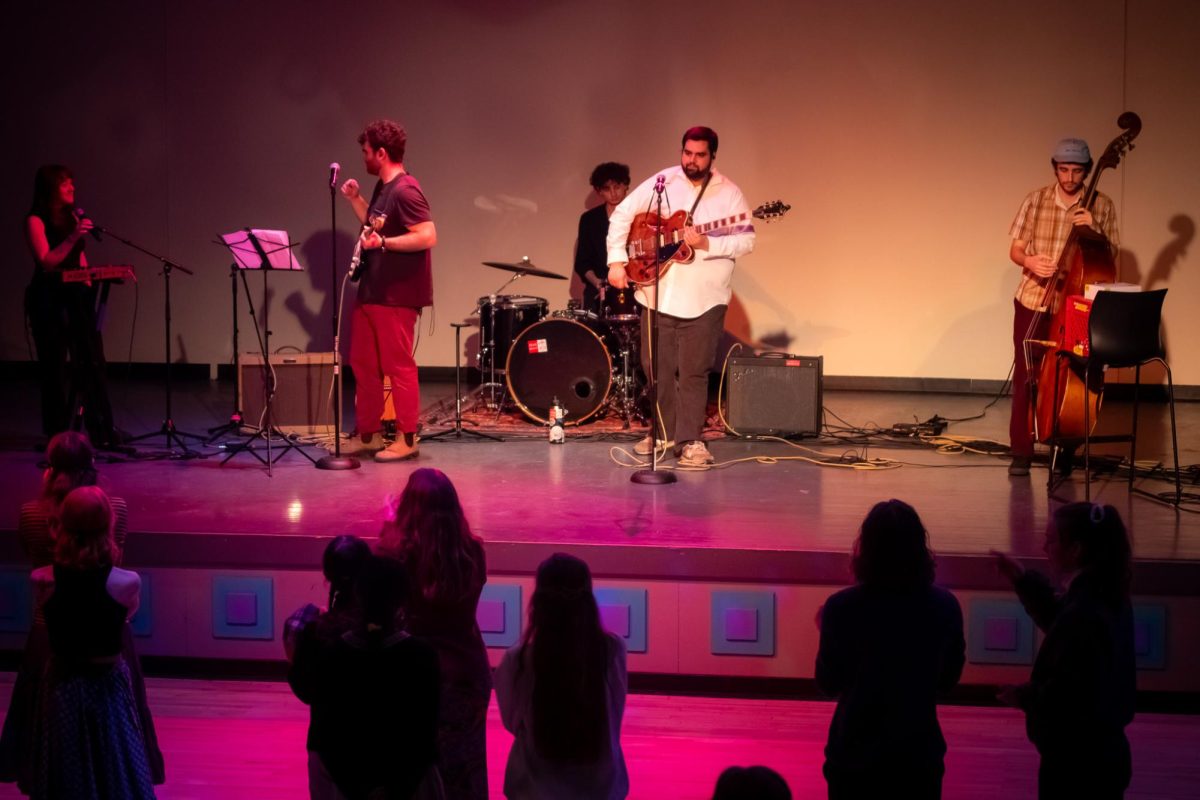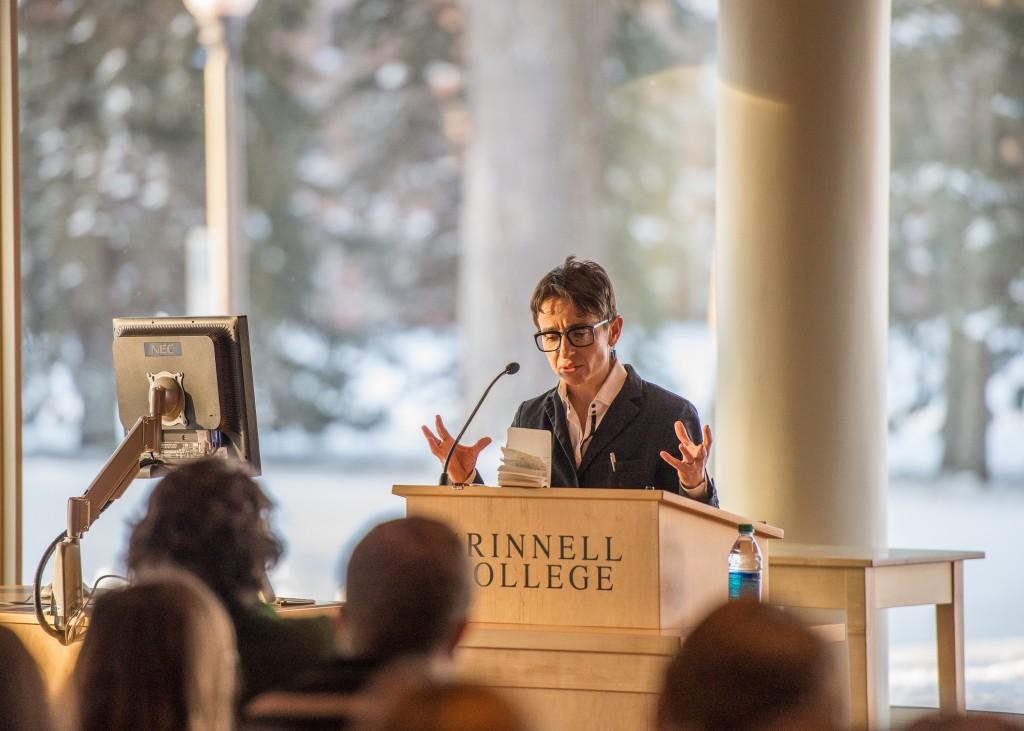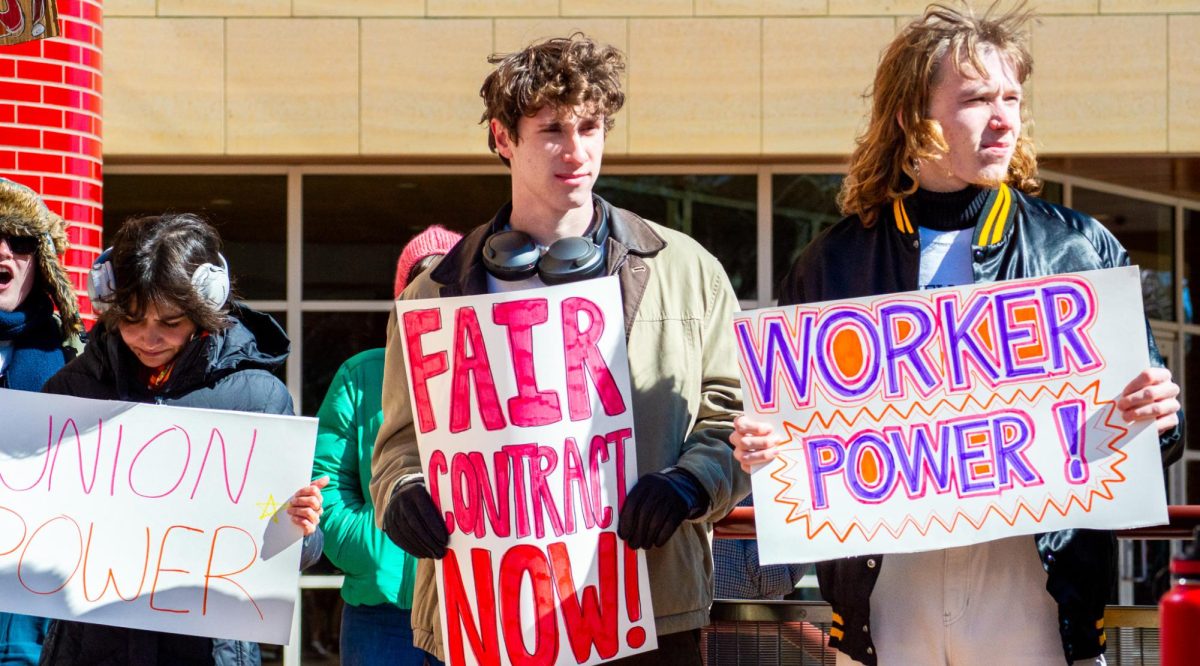On Wednesday, Feb. 5, journalist and LGBT rights activist Masha Gessen spoke as part of the “Politics and Society in Putin’s Russia” symposium about the punk rock protest group Pussy Riot. On Feb. 21, 2012, two weeks before President Vladimir Putin’s reelection, the group staged a protest in Moscow’s Cathedral of Christ the Savior, attacking the Russian Orthodox Church for its support of Putin and releasing a video called “Punk Prayer – Mother of God, Chase Putin Away.” Three members of the group were charged with hooliganism inspired by religious hatred and served two years in prison before being released. The S&B’s Kieran Connolly sat down with Gessen following her talk to discuss Pussy Riot, the separation of church and state in Russia and more.
What did the members of Pussy Riot expect on the morning of Feb. 21, 2012 when they began their protest?
They expected security to remove them because they had cased the place first—they realized that there was a fair amount of security there. They had actually shot footage at a different church the day before to make sure that they had enough to put together a clip. And then they went into the Cathedral of Christ the Savior. So, again, because the final product is the video, the final product is not the actual performance, they expected to be able to shoot a little bit of video, and then be kicked out, and maybe spend a little bit of time in the holding pen, and leave.
Why do you believe their case turned into such a giant deal? Why did it become so important to the regime?
I think it’s a great work of art. They identified the issues, they used the perfect images to convey the issues, their timing was very, very good—it was two weeks before the election. The symbiosis between church and state was becoming really clear in the lead-up to the election. And also because Putin had had enough of these protesters. And this was just too much. It was the final drop.
What has the connection between church and state, which [Pussy Riot] was protesting, meant for both the Russian church and the Russian state?
The fact of the matter is, I don’t actually think it’s a useful distinction because the church and state act in concert. The church and state are one. And then the Russian Orthodox Church traditionally has been a part of the state. And it has been performing its state function under Putin with increasing fervor, just as he has been performing his state function with increasing fervor.
And so what has Putin personally said about Pussy Riot? How has he referred to them, or his close people referred to them?
He has referred to them a number of times. First of all, he dictated the sentencing. He said they should get two years and they got two years. The prosecution had been asking for three years. He tried to convince Angela Merkel, the German Chancellor, that they were racist and anti-Semitic by talking about another [associated art activism collective] Voina action which wasn’t racist or anti-Semitic, it was actually very much protesting racism and anti-Semitism and homophobia. He’s said they are villains, and has tried to portray them as villains.
Has Putin’s image been affected by [Pussy Riot’s] action either at home or abroad, or their action, and their trial and imprisonment?
I think so. His slide into ridiculousness has been so fast that it’s difficult to say what exactly has influenced it, but I think that they certainly contributed. He has looked ridiculous in the way that he has referred to them. The trial reflects on him, and it really does point to Russia’s ominous and Putin-engineered slide into the Middle Ages.
Were you or the members of the collective (i.e. Pussy Riot) surprised by the outpouring of Western support for Pussy Riot?
Yes. Everybody was surprised by it. In June 2012, I pitched this story about Pussy Riot to Newsweek, and I had to explain what it was. And they didn’t quite understand what the story was going to be about. And then a month later, they were worldwide celebrities.
And how do most Russians see the Pussy Riot case? Do most of them agree with the “religious hatred” line of the government?
I have no reliable sources of information. What I do know is that most Russians get their information, their news, from state-controlled television, and the image that has been beamed consistently into their homes is the image of these blasphemous religion-hating hooligans.
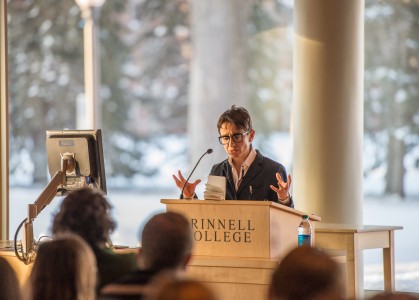
Towards the recent anti-gay laws in Russia, has the momentum for these laws been building before they were debated and enacted in the parliament?
Yes and no. The anti-gay campaign was launched by the Kremlin about two years ago, and has been a concerted campaign of hate. And the legislation was just a part of that. Not a big part, actually. Before that, there had been similar legislation … There are random repressive things that people in Russia try because they perceive their role as government representatives is to be repressive. So they’ve tried some … things. But the fact that this has caught on has to do with this campaign unleashed by the Kremlin. And the incredible amount of traction that it’s gotten.
Do you have any idea of what a Russia after Putin would look like, when that eventually comes to pass?
I’m pessimistic. I think that the crackdown is doing incredible damage to the very fabric of society, and that doesn’t bode well for what happens when Putin is over. And the longer it goes on, the worse things will be.
